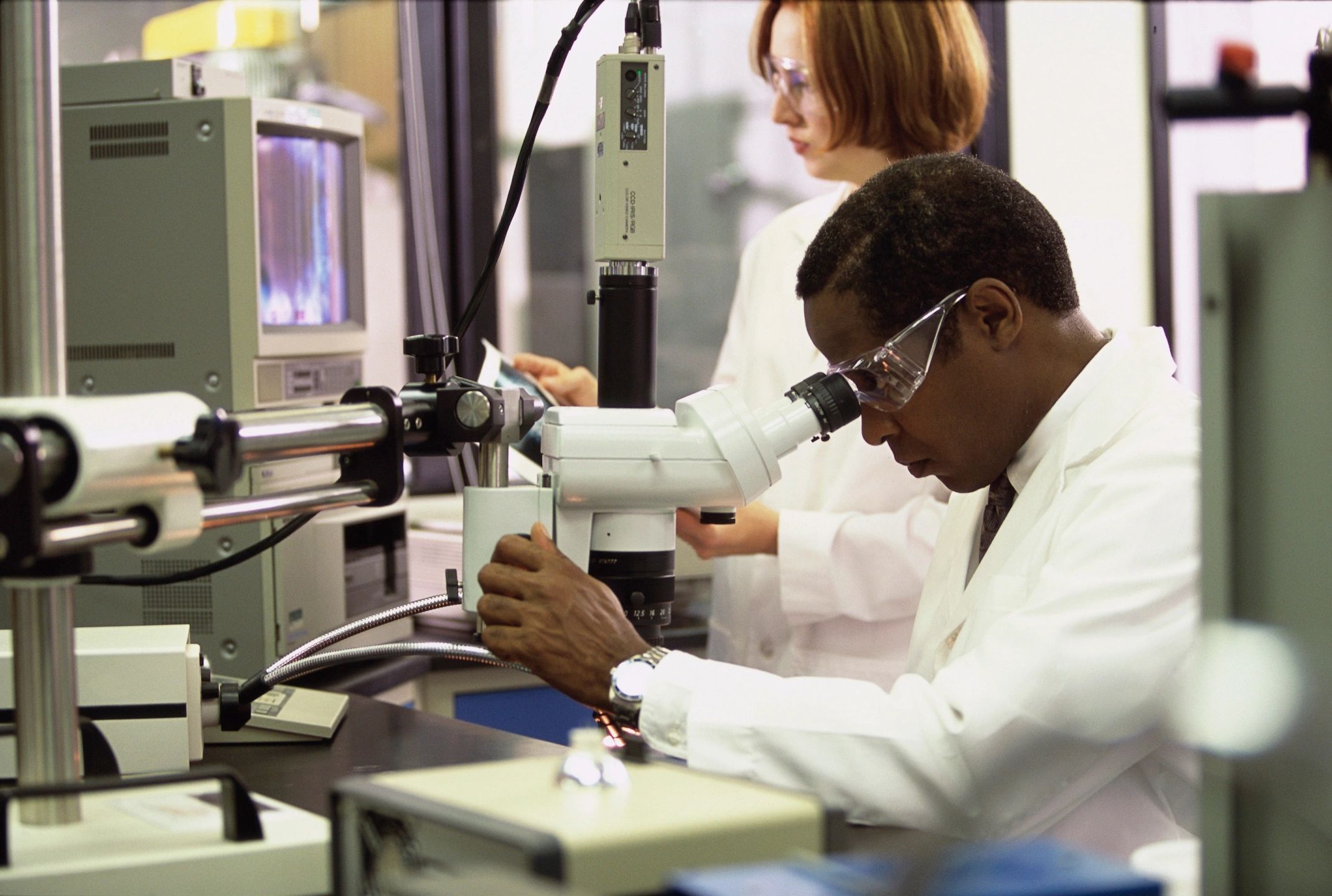
There is 1 lab-confirmed case of 2019-nCoV in Washington, a traveler who returned to Snohomish County from Wuhan, China.
Requested actions
- Get a detailed travel history when evaluating patients with fever and acute respiratory illness.
- Suspect 2019-nCoV in patients with:
| Clinical Features |
|
Epidemiologic Risk |
| Fever1 or signs/symptoms of lower respiratory illness (e.g., cough or shortness of breath). |
AND |
Any person, including healthcare workers, who had close contact2 with a laboratory-confirmed3,4 2019-nCoV patient within 14 days of symptom onset. |
| Fever1 and signs/symptoms of lower respiratory illness (e.g., cough or shortness of breath). |
AND |
A history of travel from Hubei Province, China within 14 days of symptom onset. |
| Fever1 and signs/symptoms of lower respiratory illness (e.g., cough or shortness of breath) requiring hospitalization.4 |
AND |
A history of travel from mainland China within 14 days of symptom onset. |
1 Fever may be subjective or confirmed.
2 Close contact is defined as:
a) being within approximately 6 feet (2 meters), or within the room or care area, of a 2019-nCoV case for a prolonged period of time while not wearing recommended personal protective equipment or PPE (e.g., gowns, gloves, NIOSH-certified disposable N95 respirator, eye protection); close contact can include caring for, living with, visiting, or sharing a health care waiting area or room with a 2019-nCoV case—or—
b) having direct contact with infectious secretions of a 2019-nCoV case (e.g., being coughed on) while not wearing recommended personal protective equipment.
3 Documentation of laboratory confirmation of 2019-nCoV may not be possible for travelers or persons caring for patients in other countries.
4 Category also includes any member of a cluster of patients with severe acute lower respiratory illness (e.g., pneumonia, ARDS) of unknown etiology in which 2019-nCoV is being considered that requires hospitalization. Such persons should be evaluated in consultation with state and local health departments regardless of travel history.
- Ask patients with suspected 2019-nCoV infection to wear a surgical mask. Evaluate them in a private room with the door closed, ideally an airborne infection isolation room.
- All healthcare personnel entering the room should use standard precautions, contact precautions, airborne precautions and eye protection (e.g., gown, gloves, N95 mask or PAPR, and face shield or goggles).
- If you suspect a case of 2019-nCoV, immediately notify infection control personnel at your facility and call the reporting line.
- Collect nasopharyngeal and oropharyngeal swabs, sputum and serum specimens. Swabs should be in viral transport media. Refrigerate specimens. Tacoma-Pierce County Health Department will provide guidance and facilitate specimen collection, storage and shipping.
- See more on our novel coronavirus information for providers page.
Background
Centers for Disease Control and Prevention (CDC) is closely monitoring an outbreak caused by a novel coronavirus in Wuhan City, Hubei Province, China. More than 10,000 cases in 26 countries are confirmed. Person-to-person spread is confirmed. The United States has 6 confirmed cases. Many countries, including the United States, are screening incoming travelers from China.
The vast majority of cases (9,723) are in China. Most cases continue to be reported in Hubei Province. CDC recommends travelers avoid all nonessential travel to China.
Based on current information, the immediate health risk from 2019-nCoV to the general American public is low.
